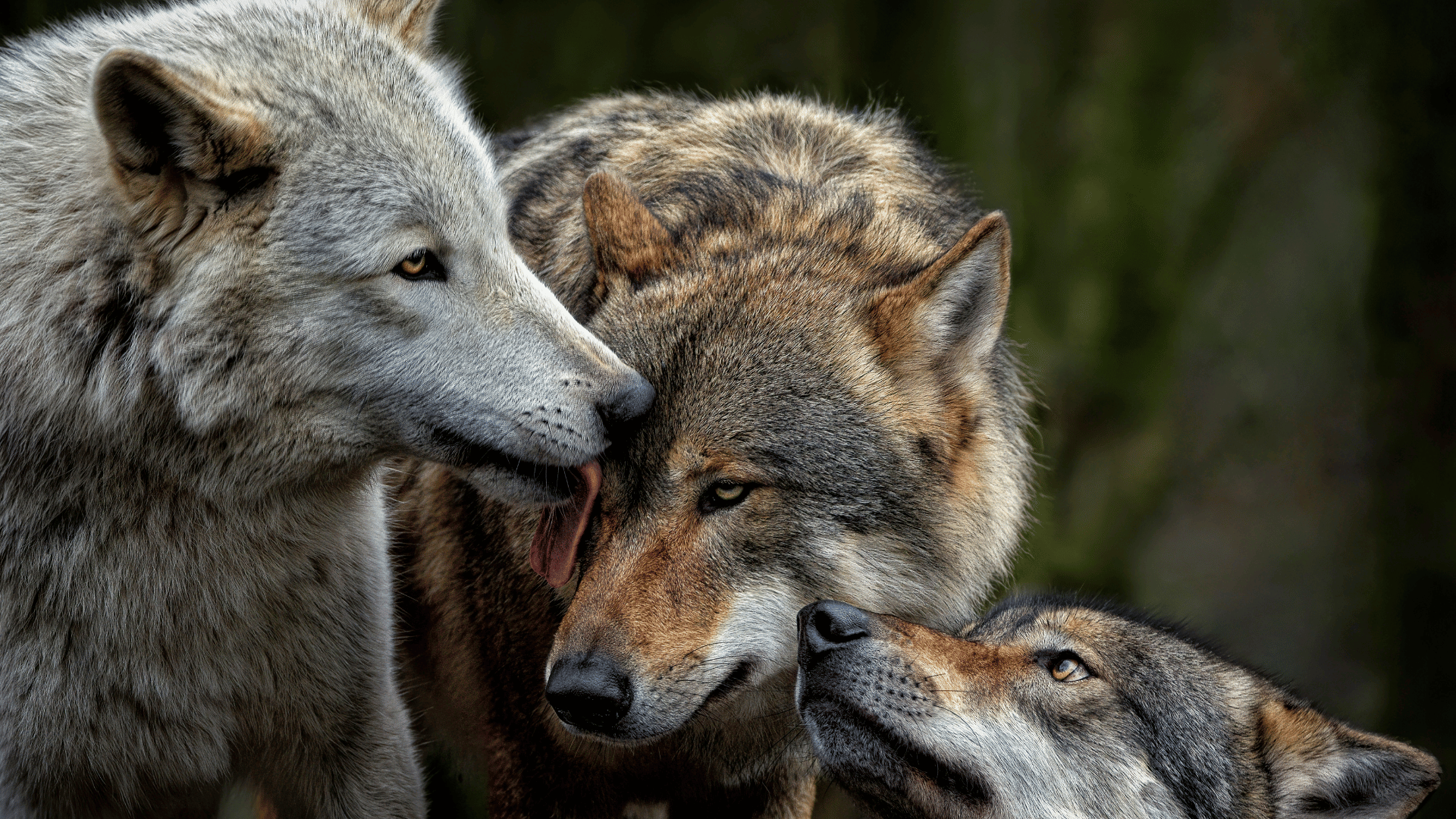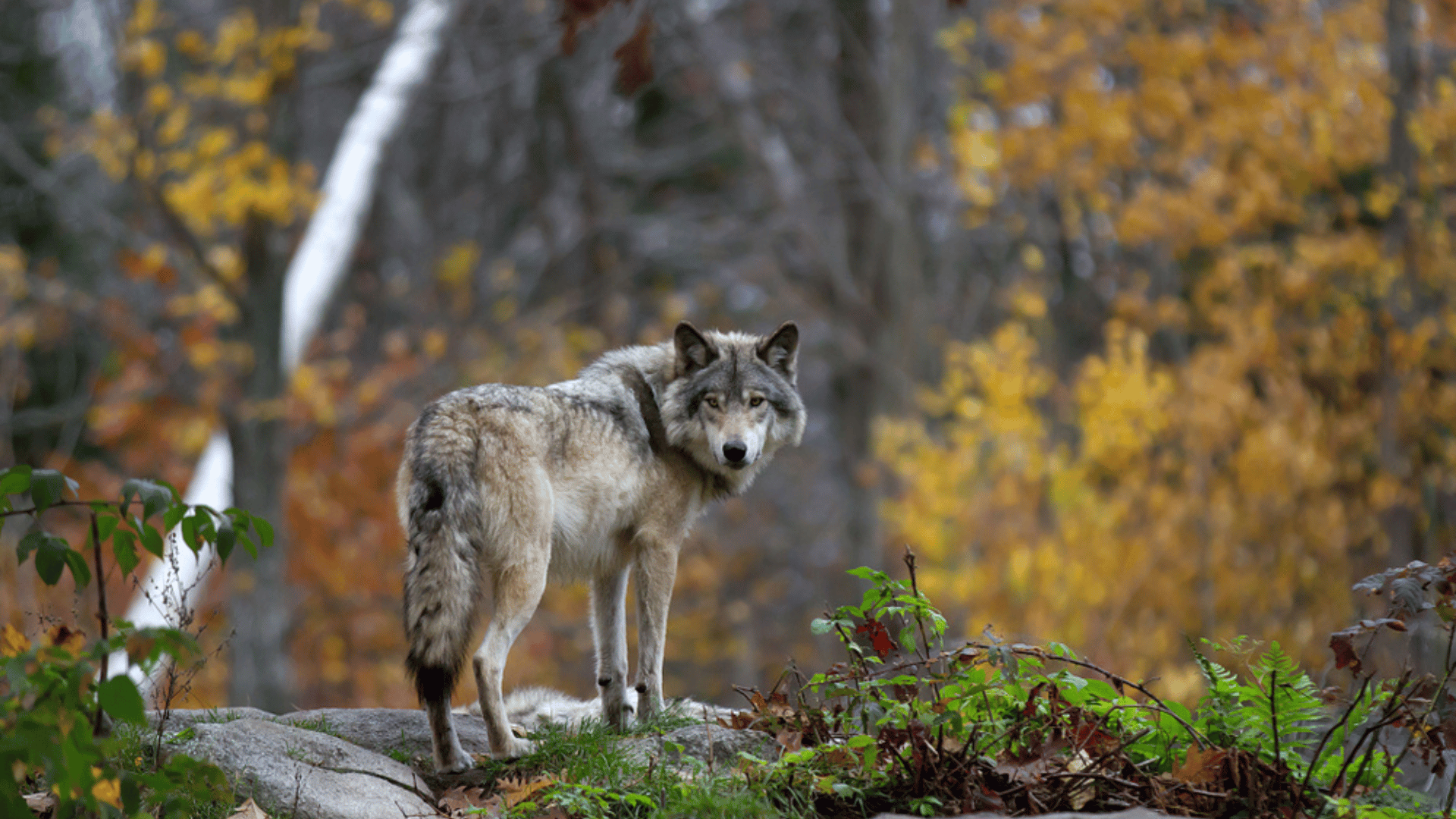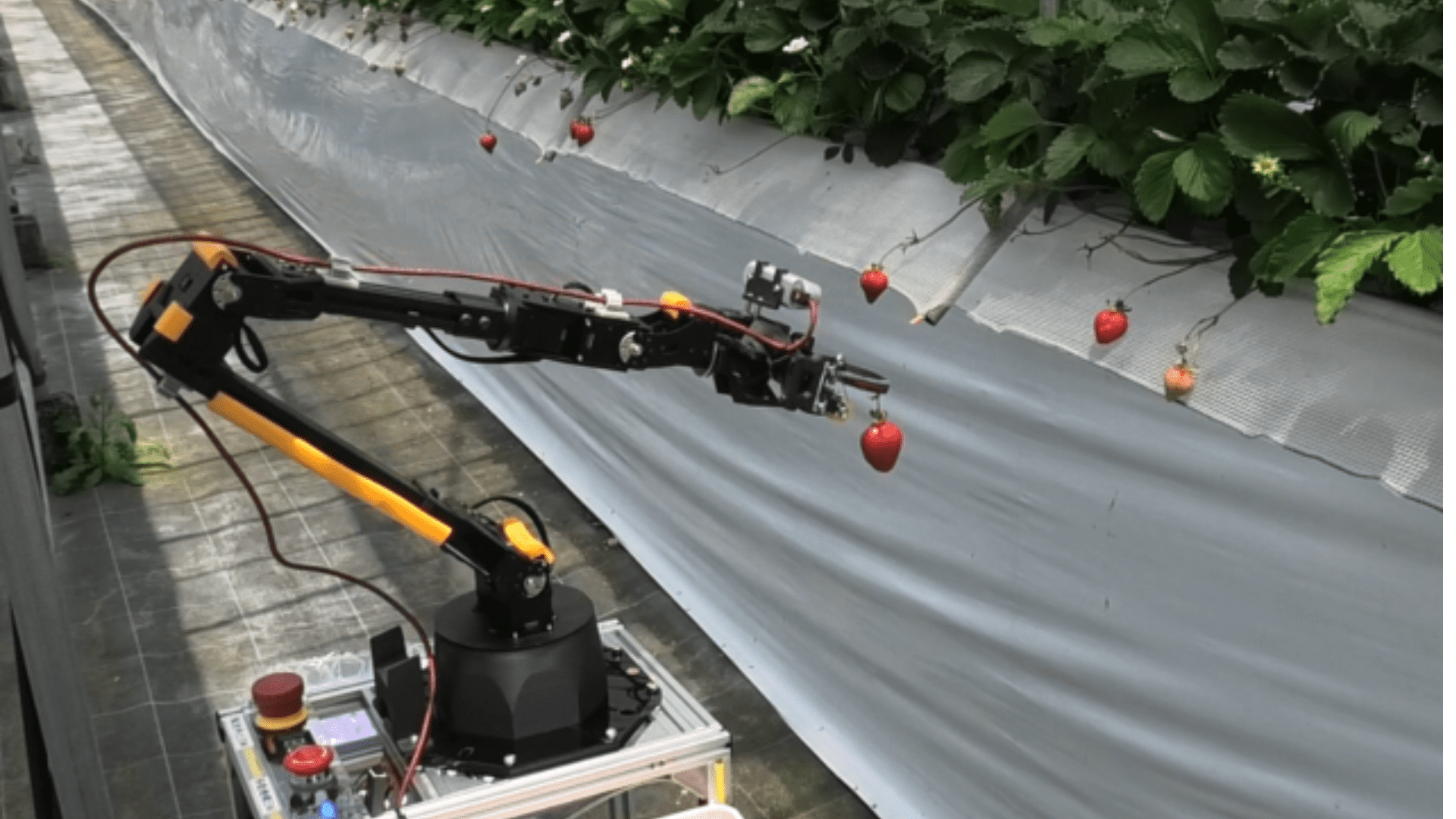New research suggests that certain ancient wolves craved human companionship and may have domesticated themselves over time via natural selection with little human interference.

The long-held idea regarding this branch of speciation, or when a new species arises from an older one, is that wolves evolved into dogs over a period of around 15,000 years. As this is notably short for speciation, many researchers believe the process was accelerated by artificial selection as humans deliberately mated tamer wolves.
Scientists have also posed a competing theory called the “proto-domestication hypothesis,” which states that naturally tamer wolves may have begun congregating near human campsites, perhaps to search for food scraps. The idea suggests that these animals would have become naturally isolated from and shared fewer traits with less human-tolerant wolves over time, thereby mating with one another.
To test whether this type of natural selection could occur within the short 15,000-year time frame, the authors behind a new study used agent-based mathematical models to simulate the evolutionary development of wolves under different scenarios. For example, they ran simulations in which tamer wolves naturally mated with other tamer wolves and simulations in which they continued breeding with less human-tolerant wolves.
The results showed that speciation occurred within 15,000 years in 74.2 percent of models that included the preference for mating with other tame wolves but did not occur in any of the models without mate preference. The models showed that it took, on average, 8,030 years for the tame wolves to turn themselves into dogs by breeding amongst themselves.
“Our model allows the proto-domestication hypothesis to overcome the time constraint objection only if ancient wolves more often selected to mate with wolves with a similar tolerance (or lack of tolerance) for humans,” write the study’s authors. “If this preference existed among the ancient wolf population, it implies that human tolerance could be a ‘magic trait’ in that it contributed both to ecological selection and to non-random mating.”
Though the new research doesn’t definitively prove the proto-domestication hypothesis, it does show that the theory can’t be rejected simply based on time constraints.







